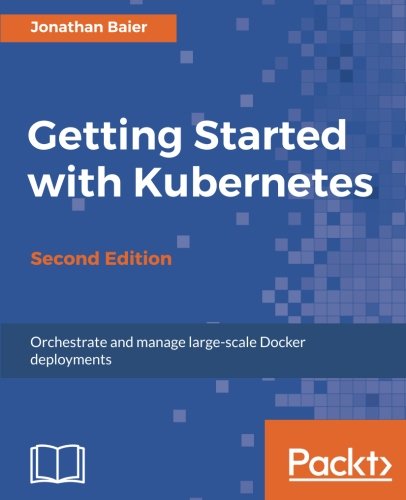; Date: Tue Sep 11 2018
Tags: Facebook »»»» Conservatives »»»» Politics »»»»
Recently many Conservative politicians and the Conservative-friendly news outlets have been beating the war drums against Facebook, Twitter, Google, et al, because of supposed censorship of Conservative viewpoints. The evidence is weak on this, because the culprit is the algorithms for presenting search results. The irony is rich to learn that a Conservative news outlet, a designated Facebook fact checking organization, have labeled news from a Liberal-leaning news outlet as "false". Meaning that Liberal-leaning news is being downgraded by Facebook, when the actual news piece is entirely factual, solely on the say-so of a Conservative-leaning news outlet that has a long history of printing mistruths.

One of the efforts Facebook is using to combat fake news is to enlist 3rd parth fact-checking help. That's a good thing, as it theoretically will bring outside opinions into the process. Unfortunately the fact-checking process is deeply flawed.
In December 2016,
Facebook announced the effort, partnering with the Poynter Institute to set up the International Fact-Checking Network. IFCN has defineed processes for fact checkers to follow, as well as a code of principles. Poynter has lined up an Advisory Board of folks who are pioneers in the field of fact checking, and they've designed a process for approving fact checkers.
The initial list of fact checking organizations was heavily tilted towards Liberal-leaning groups. To appease Conservatives, Poynter found some Conservative-leaning groups to join on,
including The Weekly Standard.
The problem with that is The Weekly Standard has a poor grasp on the truth, and instead of clear journalism it tends to publish highly partisan pieces. The Quartz article names a Christopher Hitchens piece saying the Iraq War was a war to be proud of (it wasn't by any objective standard), and is openly skeptical of climate change.
According to
Think Progress, the Weekly Standard marked one of its news articles as "false" meaning “the primary claim(s) in this content are factually inaccurate.”
While Think Progress is clearly a "Liberal-leaning" news outlet, they strive for journalistic objectivity.
In the
article in question, the journalist wrote about statements by Justice Kavanaugh, who is currently undergoing hearings for approval to the Supreme Court of the USA, that clearly communicate his opposition to Roe v. Wade. That case is the underpinning of the legality of abortion in the USA. This is a factually correct article, with the Weekly Standard asserting it is false.
Additionally - with the piece having been labeled "false" others who want to share the content into Facebook are notified it has been deemed false. Facebook's warning threatens that just sharing content deemed false will cause corresponding pages and websites to “see their overall distribution and their ability to monetize and advertise removed.”
That's a big threat to make. Just by sharing content deemed false, an organization's presence on Facebook would be decimated.
Facebook has a page describing the third-party fact checking process, and the list of recognized fact-checkers.
There is not a centralized dispute process. Instead, someone wishing to dispute a ruling must directly contact the fact-checker.
In the USA there are a total of five fact checking organizations, four of which are highly regarded organizations with a strong connection to the truth: Associated Press,
Factcheck.org, PolitiFact, and Snopes. The last, The Weekly Standard, is a right-wing partisan website that as written earlier does not have a strong history of truth.











